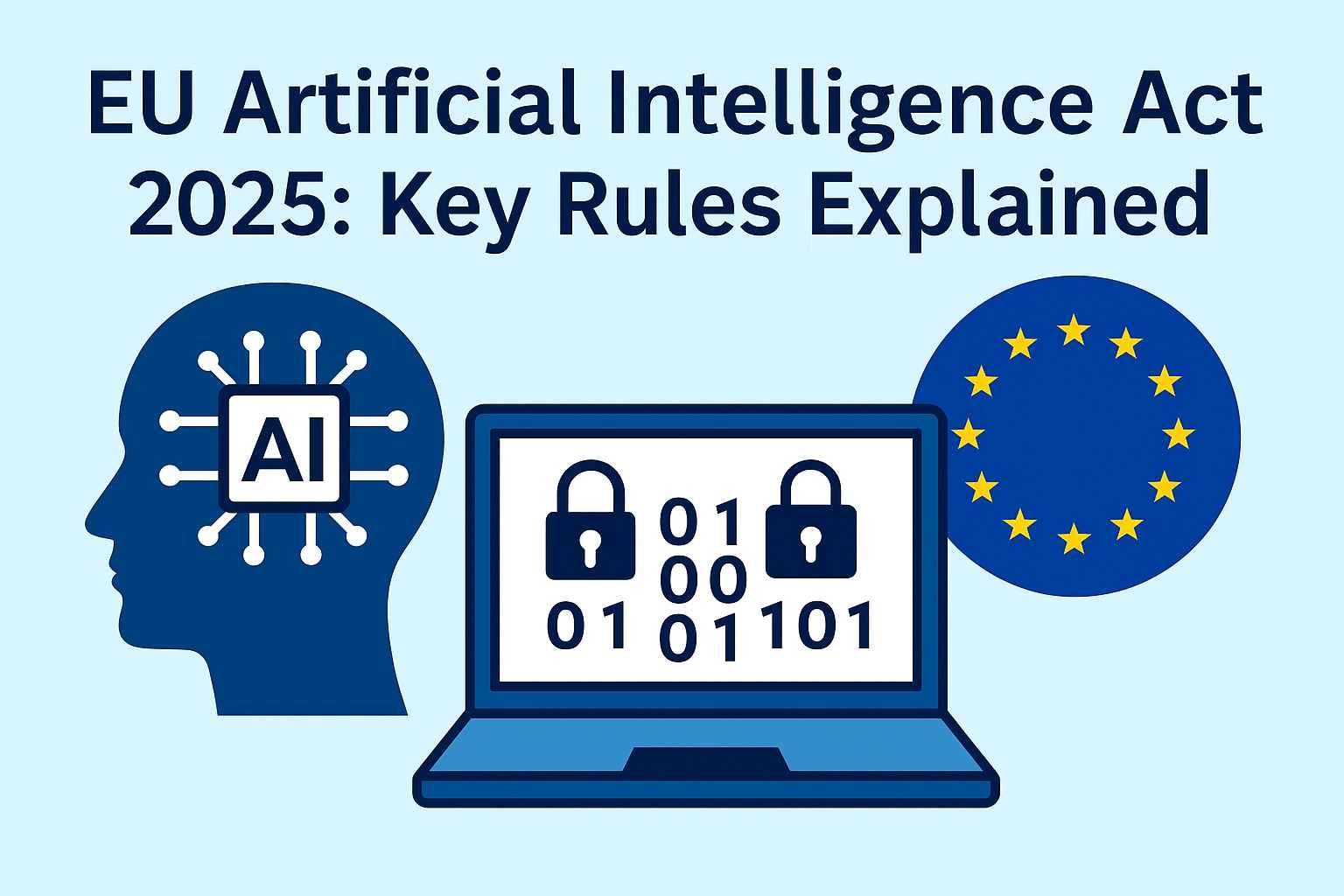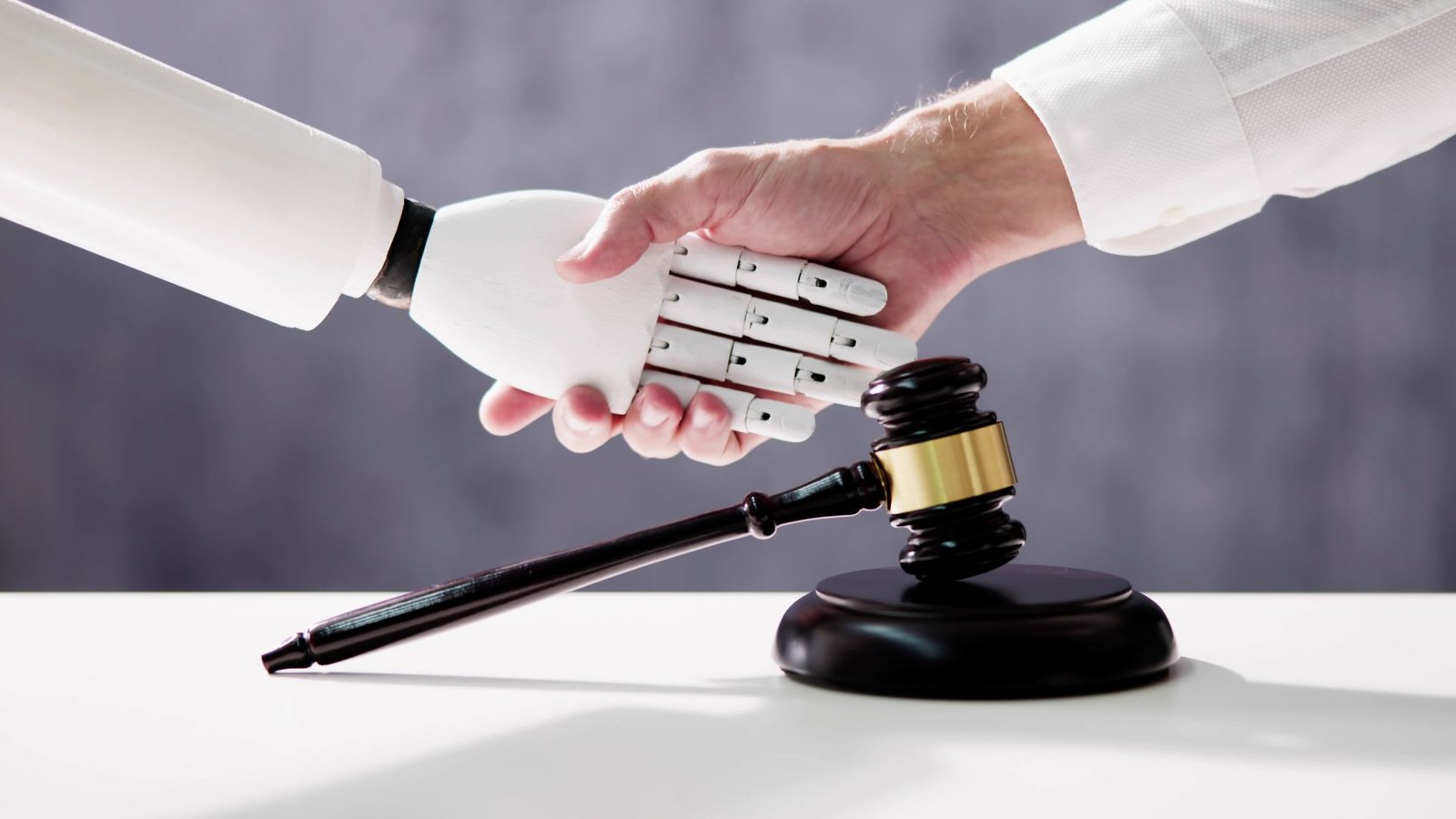On this page you will read detailed information about AI Inventions.
As artificial intelligence continues to advance at a rapid pace, you may be wondering about the legal implications of AI-generated inventions. Can a machine truly be considered an inventor? And if so, should its creations be eligible for patent protection? These questions are at the forefront of an ongoing debate in intellectual property law. With AI systems now capable of developing novel solutions and ideas across various fields, you’ll want to understand the current landscape surrounding AI patents. This article examines the complex issues at play and explores how patent offices and courts around the world are grappling with this emerging technological frontier.
What Qualifies as an AI Invention?
Defining AI Inventions
AI inventions encompass a wide range of technologies that leverage artificial intelligence to solve problems or improve existing solutions. These can include generative AI models, reinforcement learning algorithms, and neural symbolic computing systems. To qualify as an AI invention, the technology must demonstrate novelty, non-obviousness, and utility while meeting patent eligibility criteria.
Key Components of Patentable AI Inventions
Patentable aspects of AI inventions often include:
- Model architecture and structure
- Training frameworks and methodologies
- Data processing techniques
- Hardware optimization methods
According to Cooley, patent protection may be suitable when “the AI model is publicly identifiable, the novelty lies in the model architecture/structure rather than just the data, and there is a risk of independent development or reverse-engineering by competitors.”
USPTO Guidance on AI Inventions
The USPTO has provided updated guidance on evaluating patent eligibility for AI inventions. Examples of eligible AI inventions include application-specific integrated circuits for artificial neural networks and systems for monitoring livestock health using sensors and data processing. However, claims involving mere data collection and analysis may be considered abstract ideas and thus ineligible for patent protection.
Current Patent Law and AI Inventions
Legal Framework for AI Inventorship
The current legal landscape surrounding AI inventions and patent law is complex and evolving. According to recent guidance from the U.S. Patent and Trademark Office (USPTO), AI-assisted inventions are not categorically unpatentable. However, the inventorship analysis must focus on human contributions, as patents are intended to incentivize and reward human ingenuity.
Key Principles for AI-Assisted Inventions
The USPTO has outlined several principles to help assess the inventorship of AI-assisted inventions:
- Only natural persons can be named as inventors on patent applications and patents.
- A natural person’s use of an AI system does not negate their potential inventorship.
- To be considered an inventor, a person must make a “significant contribution” to the conception of the claimed invention.
According to the USPTO guidance, designing, building, or training an AI system to solve a specific problem could constitute a significant contribution. However, merely recognizing a problem or having a general goal is not enough for inventorship.
Implications for Innovation and Intellectual Property
The current legal framework surrounding patent inventorship presents challenges for companies developing AI inventions. As noted by Skadden, inventions developed purely by AI machines are currently not eligible for patent protection. This situation may require companies to explore alternative ways to protect their AI-generated innovations, such as trade secrets, to maintain a competitive edge in the rapidly evolving field of artificial intelligence.
In the previous post, we had shared information about Cyber Appellate Tribunal: Implications for Cybersecurity Law, so read that post also.
Notable Examples of AI Patented Inventions
Groundbreaking AI Systems
The realm of AI inventions has seen remarkable advancements, with several notable examples securing patent protections. One standout is Cognitive Code’s patented AI system that simulates “one or more thinking people.” This innovation uses text and speech to interact with users, representing a significant upgrade over traditional “pseudo-artificial intelligence systems” according to industry experts.
AI in Autonomous Vehicles
Tesla has made significant strides in AI-driven autonomous driving technology. The company patented an AI program that determines and suggests actions for its self-driving vehicles. This system utilizes machine learning to process sensory inputs and operate vehicles safely, showcasing the practical applications of AI inventions in the automotive industry.
AI for Personal Care
In the realm of personal care, Oral-B has patented an AI-powered toothbrush that’s revolutionizing oral hygiene. This innovative device uses AI-powered sensors to detect areas in the user’s mouth that didn’t receive enough brushing, communicating this data through a companion app. This invention demonstrates how AI can enhance everyday products, providing personalized feedback and improving user experiences.
These examples highlight the diverse applications of AI inventions across various industries, from cognitive computing to autonomous vehicles and personal care devices. As AI technology continues to evolve, we can expect to see an increasing number of groundbreaking patents in this field.
Arguments For and Against Patenting AI Inventions
The Case for AI Patents
Proponents argue that granting patents for AI inventions could incentivize innovation and promote disclosure of valuable discoveries. According to the Brookings Institution, allowing patents for AI-generated inventions may encourage investment in AI systems that enhance human creativity. This could lead to breakthroughs that benefit society as a whole. Additionally, patenting AI inventions could ensure that companies receive fair compensation for their research and development efforts.
Challenges and Counterarguments
However, opponents raise several concerns about patenting AI inventions. The World Intellectual Property Organization (WIPO) notes that most jurisdictions require patent applications to list a natural person as the inventor, posing challenges for AI-generated creations. Critics argue that AI systems lack legal and moral rights typically associated with inventorship. There are also questions about how to evaluate the inventive step and non-obviousness of AI-generated innovations.
Potential Solutions
To address these issues, some experts propose modifying existing patent frameworks. The USPTO recently issued guidance stating that AI-assisted inventions are not categorically unpatentable if natural persons contributed significantly. Another approach, suggested by some scholars, is to create a new patent track specifically for AI inventions, with adjusted criteria and shorter protection periods to balance incentives and public access.
The Future of Patent Law and AI Inventions
As AI technology rapidly evolves, the future of patent law is poised for significant changes to accommodate AI inventions. The intersection of AI and patent law presents both challenges and opportunities, requiring careful consideration of how to protect and incentivize innovation in this dynamic field.
Redefining Inventorship
One of the key challenges facing patent law is the question of AI inventorship. Experts predict that patent law may need to explicitly incorporate provisions for AI technologies, potentially redefining what constitutes an ‘inventor’ in the context of AI. This could lead to the development of “co-inventorship” models where both human developers and AI systems share credit.
Adapting Patent Eligibility Criteria
The unique nature of AI inventions may necessitate changes to patent eligibility criteria. Patent offices may need to establish new guidelines for assessing the novelty and non-obviousness of AI-generated inventions. This could involve creating a new class of patents specifically for AI-generated inventions with different terms and conditions.
International Harmonization
As AI technologies often involve collaborative and multi-national efforts, there is a growing need for harmonization of international patent laws related to AI inventorship. This could lead to more consistent global standards for protecting AI innovations and fostering cross-border collaboration in AI research and development.
Conclusion
As you’ve seen, the question of whether AI inventions can be granted patent protections remains complex and evolving. While current laws generally require human inventors, the rapid advancement of AI technology is challenging traditional notions of inventorship. Moving forward, patent offices and courts will need to grapple with these issues and potentially update regulations. As AI continues to play a larger role in innovation, finding the right balance between incentivizing human creativity and recognizing AI contributions will be crucial. Ultimately, the patent system may need to adapt to ensure it continues fulfilling its purpose of promoting innovation in an AI-enabled world.
Disclaimer
The information and services on this website are not intended to and shall not be used as legal advice. You should consult a Legal Professional for any legal or solicited advice. While we have good faith and our own independent research to every information listed on the website and do our best to ensure that the data provided is accurate. However, we do not guarantee the information provided is accurate and make no representation or warranty of any kind, express or implied, regarding the accuracy, adequacy, validity, reliability, availability, or completeness of any information on the Site. UNDER NO CIRCUMSTANCES SHALL WE HAVE ANY LIABILITY TO YOU FOR ANY LOSS OR DAMAGE OF ANY KIND INCURRED AS A RESULT OR RELIANCE ON ANY INFORMATION PROVIDED ON THE SITE. YOUR USE OF THE SITE AND YOUR RELIANCE ON ANY INFORMATION ON THE SITE IS SOLELY AT YOUR OWN RISK. Comments on this website are the sole responsibility of their writers so the accuracy, completeness, veracity, honesty, factuality and politeness of comments are not guaranteed.
So friends, today we talked about AI Inventions, hope you liked our post.
If you liked the information about AI Inventions, then definitely share this article with your friends.
Knowing about laws can make you feel super smart ! If you find value in the content you may consider joining our not for profit Legal Community ! You can ask unlimited questions on WhatsApp and get answers. You can DM or send your name & number to 8208309918 on WhatsApp











